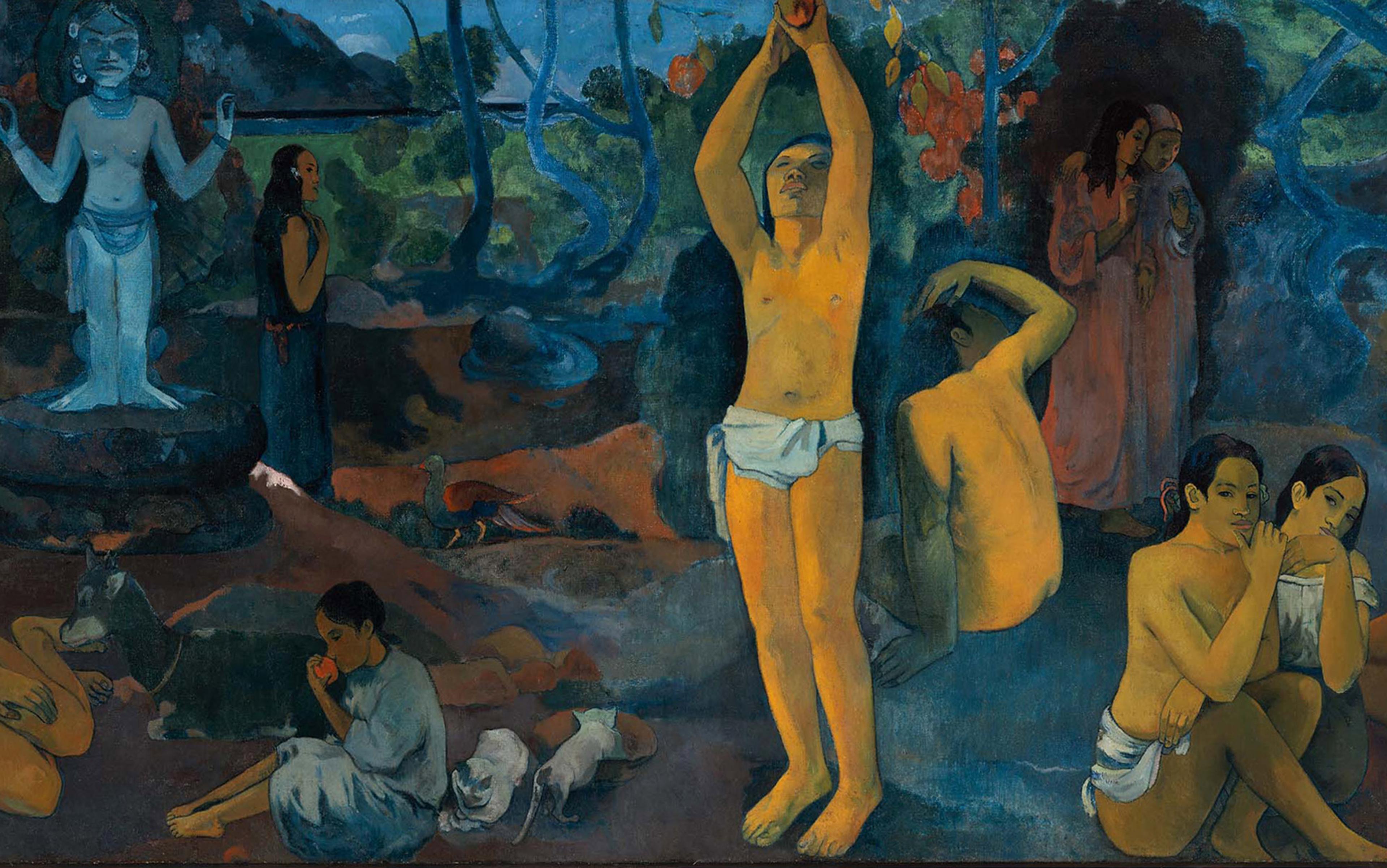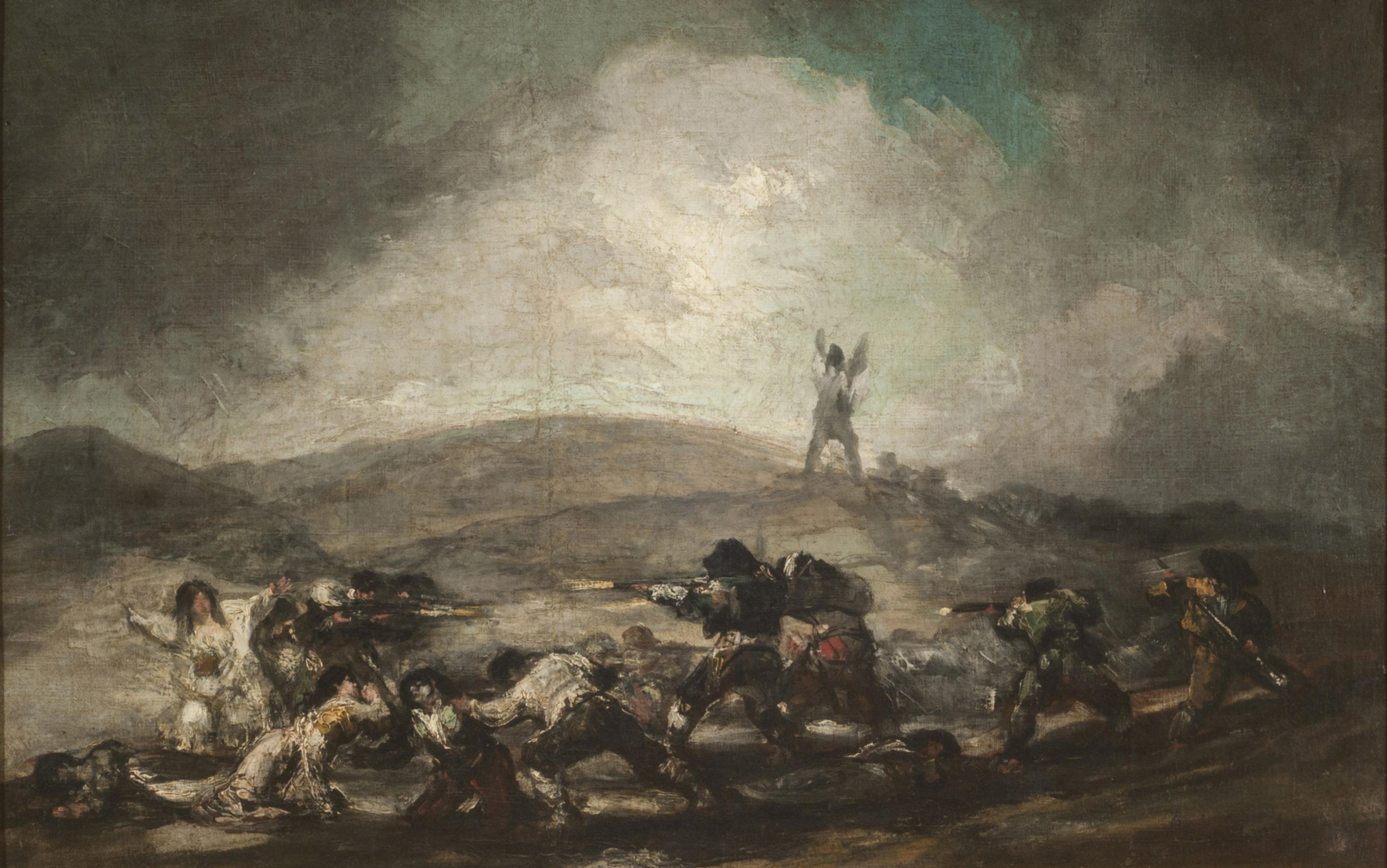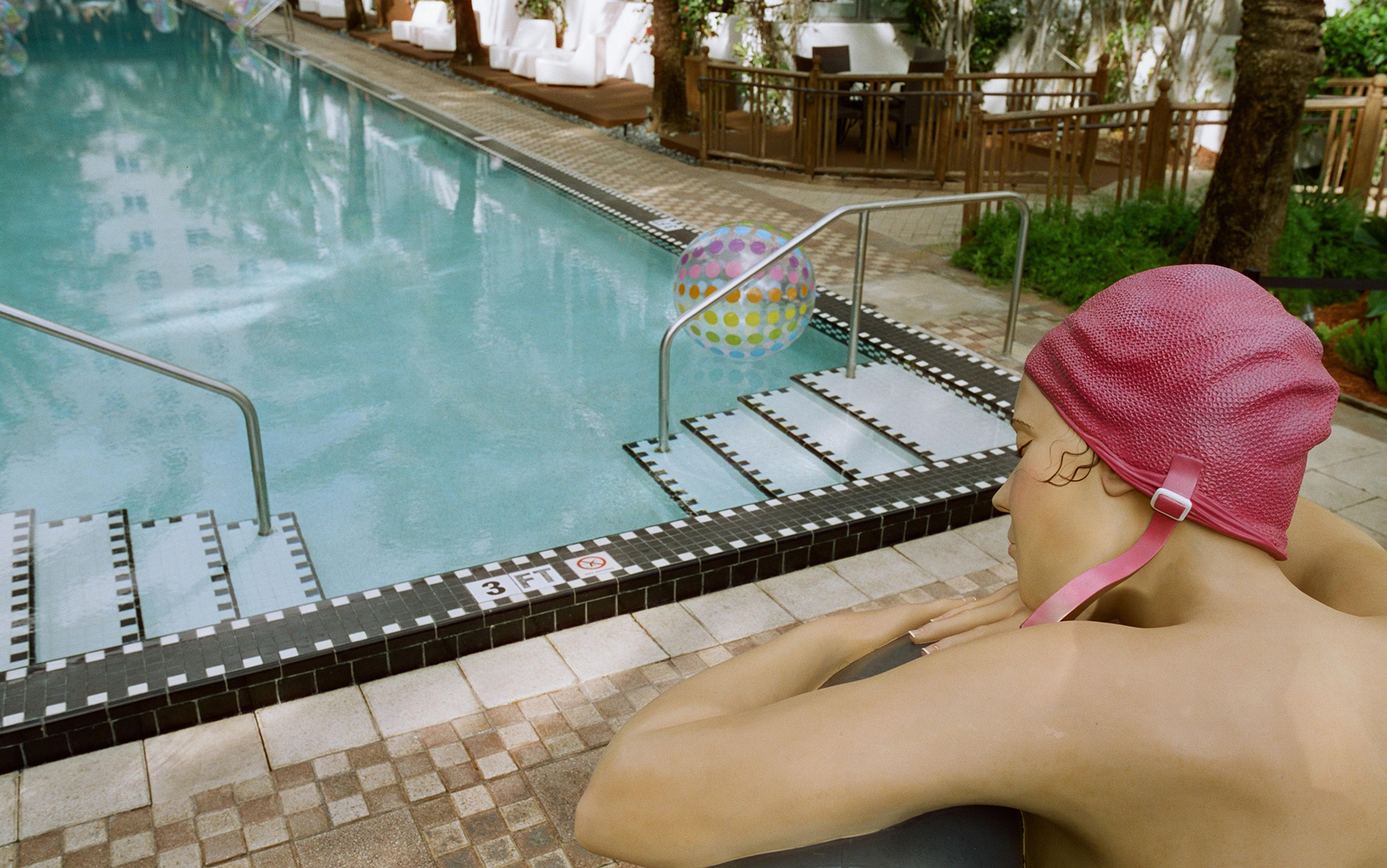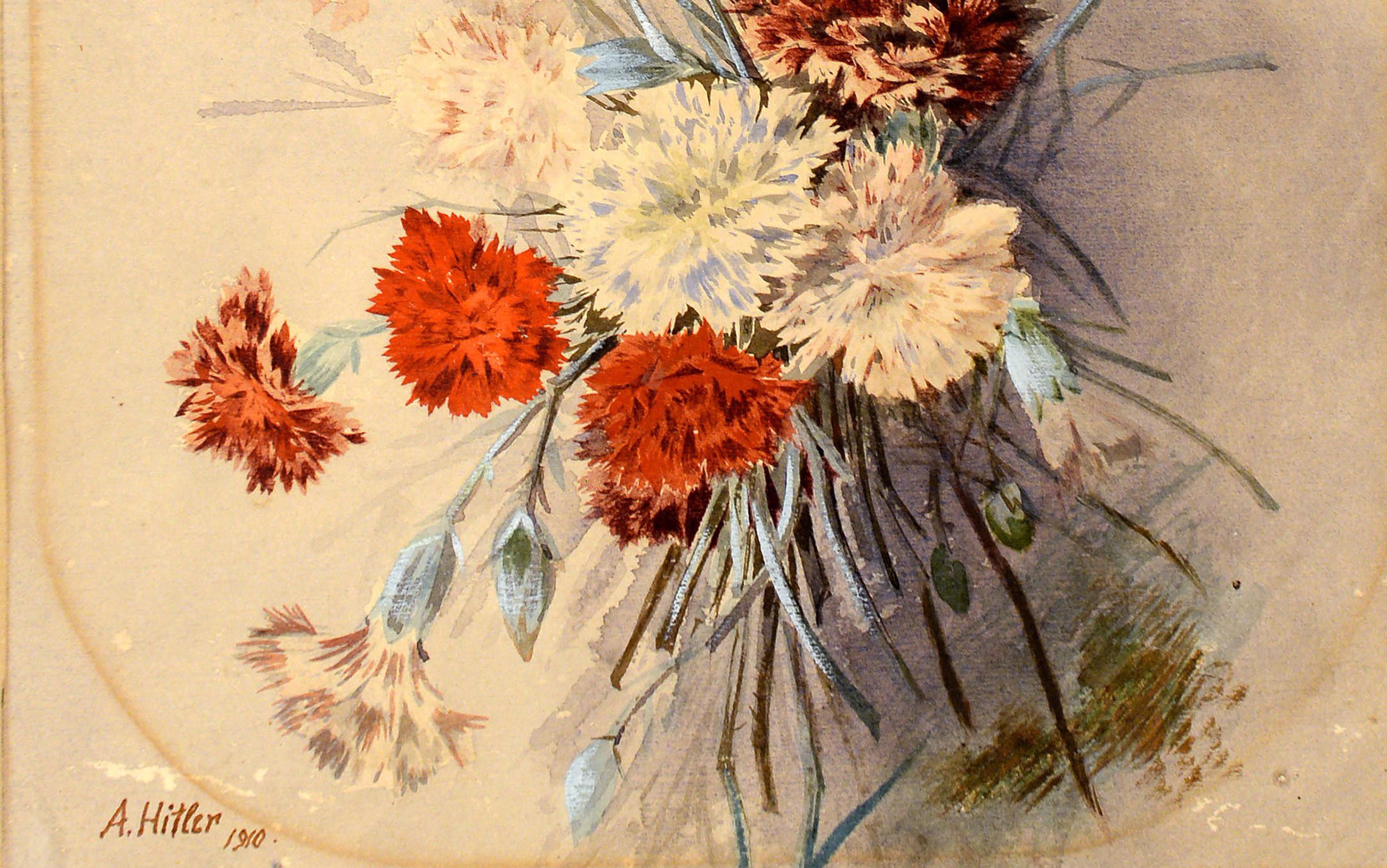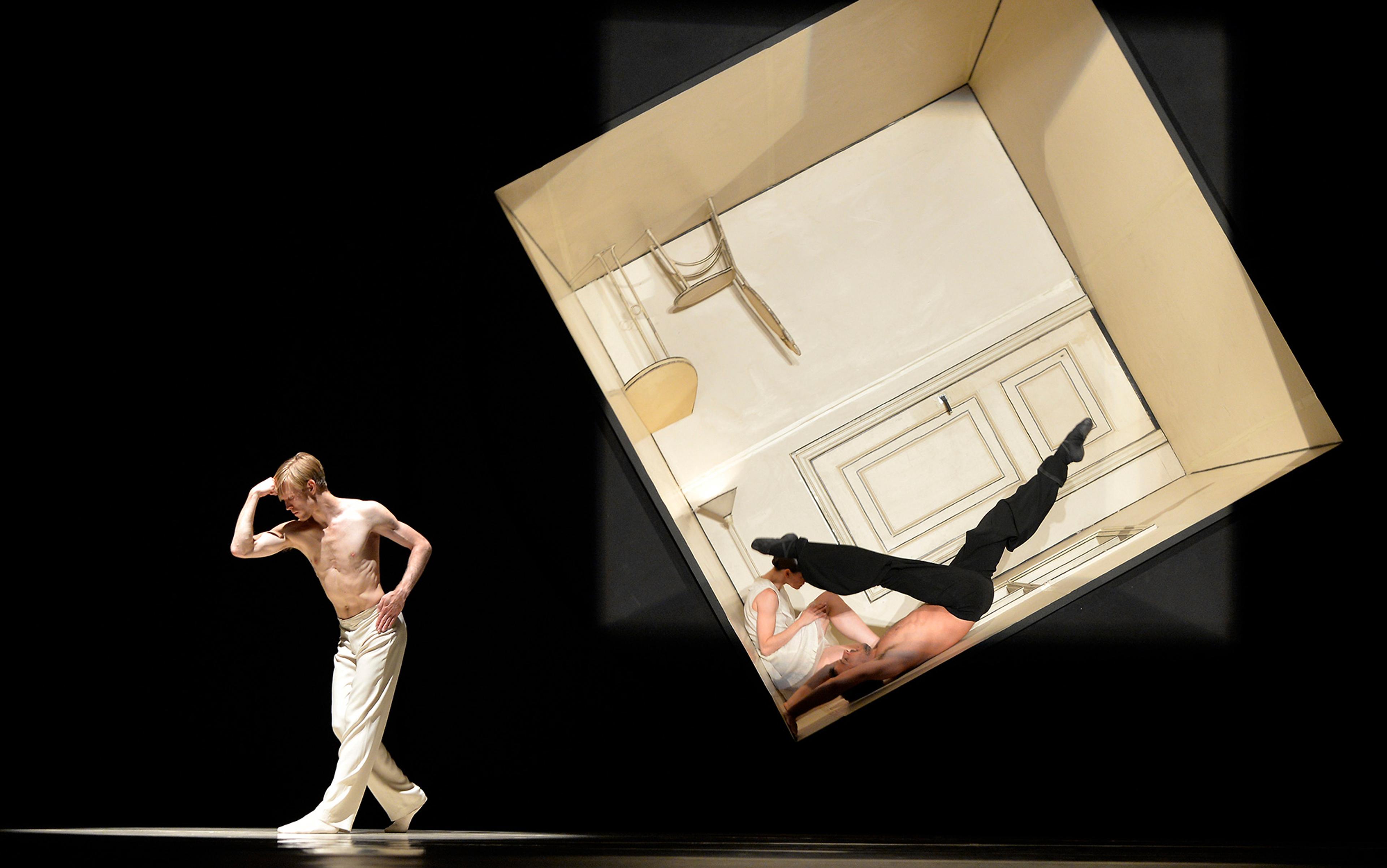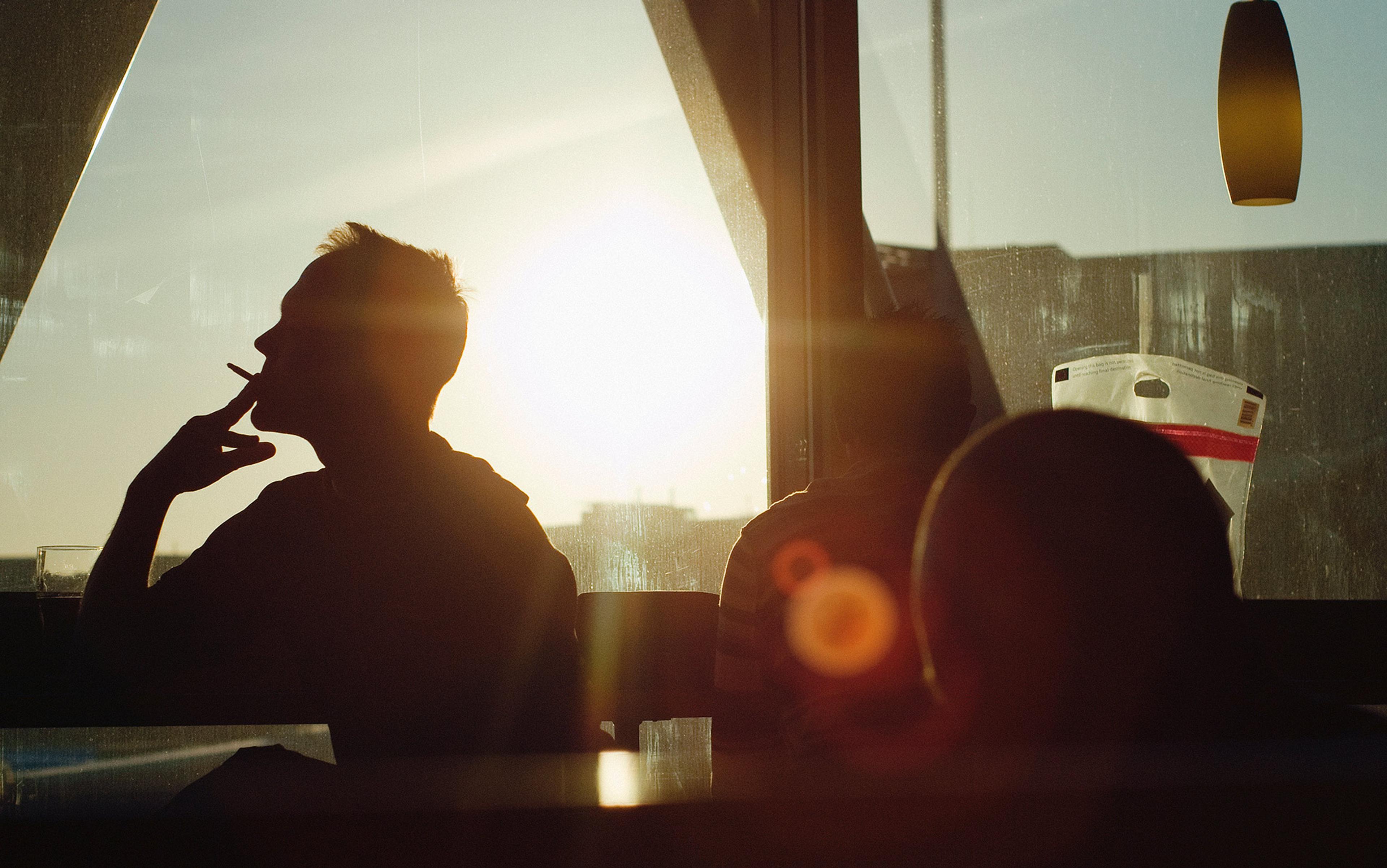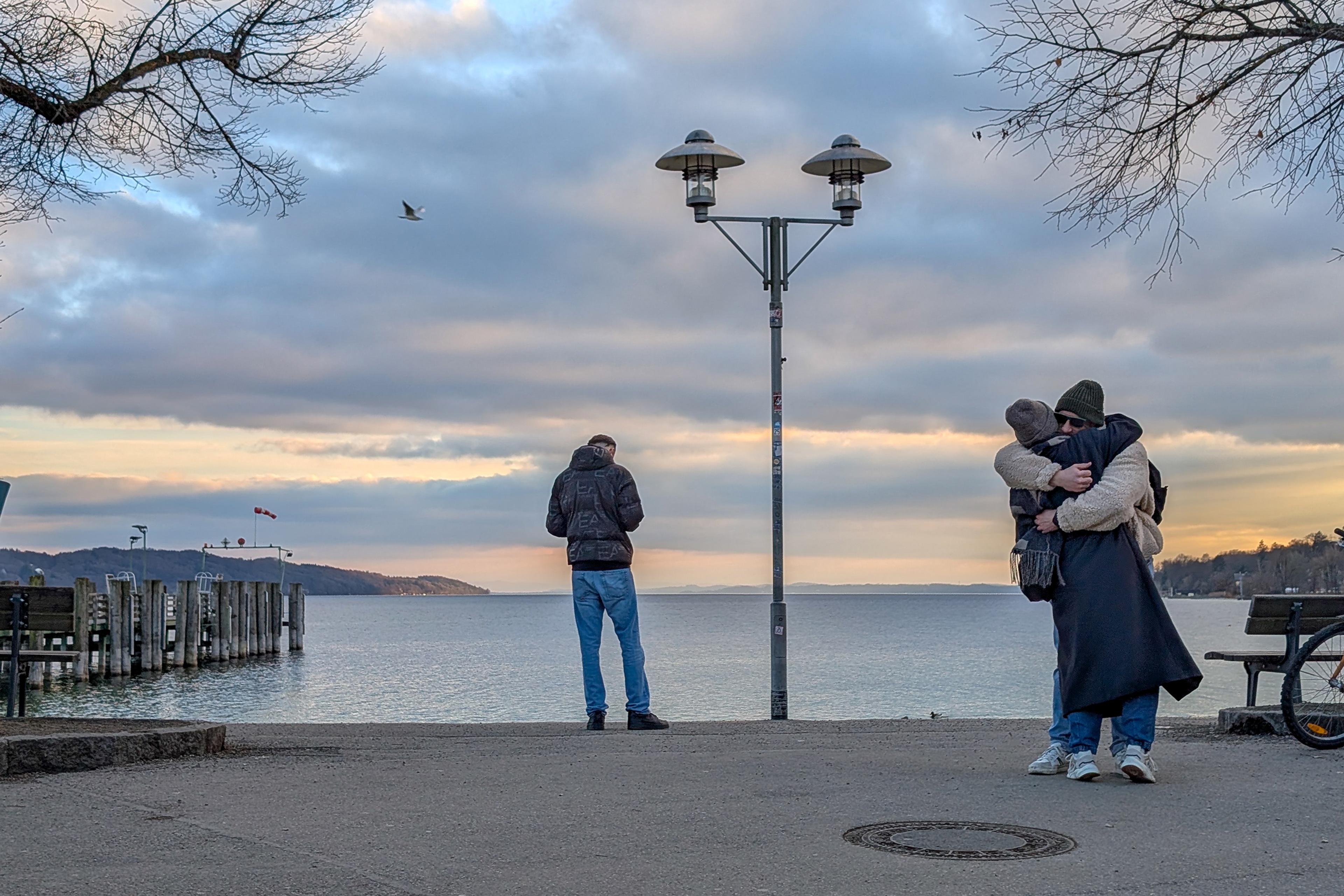‘If there’s one theme in all my work it’s about authenticity and self-expression,’ said the philosopher Bernard Williams in an interview with The Guardian in 2002. Authenticity was already an influential cultural ideal during Williams’s lifetime (he was born in 1929 and died in 2003) but it has become only more so since. What is more familiar and compelling than the injunction to be true to oneself, to keep it real? Williams explored the force and appeal of this ideal, and his work still helps us makes sense of it. But, as he was also keenly aware, being true to yourself can be dangerous.
In his essay ‘Moral Luck’ (1976), Williams discusses Paul Gauguin’s decision to leave Paris in order to move to Tahiti where he hoped he could become a great painter. Gauguin left behind – basically abandoned – his wife and children. This was on the face of it a very selfish thing to do, and you might think that Gauguin’s action was morally indefensible. Williams, however, thinks that Gauguin’s eventual success as a painter constitutes a form of moral luck, in that his artistic achievement justifies what he did. It provides a justification that not everyone will accept, but one that can make sense to Gauguin himself, and perhaps to others. ‘Look,’ we can imagine Gauguin saying to himself, ‘I was right … I knew I had it in me.’
Williams imagines Gauguin to be conflicted. He also freely admits, however, that his ‘Gauguin’ is not necessarily true in all details to the historical French artist. Williams introduces Gauguin as a useful prop in a thought experiment designed to explore the role that authenticity, achievement and luck play in justification. Williams also just assumes, for the purposes of argument, that Gauguin did in fact succeed, which is to say that Gauguin did create valuable art, and that this art was a great expression of his gifts as a painter.
The story of moral harm in pursuit of art, with the overall endeavour somehow justified by the art, is a familiar one both in fact and fiction. The fiction tends to be written by men, and their protagonists tend to be men. Life imitates art and vice versa, and in reality those who justify their selfishness (and worse) in the name of art tend to be men too. Williams, however, does not discuss in any detail the harm caused by Gauguin: nor does he discuss the way in which many of Gauguin’s Polynesian victims were used as subjects (and objects) in his most famous paintings. This is something I will return to in what follows.
Williams’s Gauguin is introduced to dramatise a momentous decision, whether to stay or go, where the choice is constructed in such a way that leaving means to abandon one’s family, and staying means to abandon one’s art. Williams describes two distinct ways in which you can imagine Gauguin’s decision to leave ending in failure. One way is if something goes wrong that is external or extrinsic to Gauguin’s artistic ability: his ship sinks, say, or he eats some bad shrimp and dies on the way. If Gauguin had died en route to Tahiti as a result of shipwreck or food poisoning, he would not necessarily have been mistaken in his ambition to be a great artist: he’d just have been unlucky. But you can also imagine a scenario where Gauguin arrived safely in Tahiti only to find that he had painter’s block, and couldn’t produce a thing, or that what he created on the canvas was uninspired and useless. Gauguin’s decision to leave France, in this scenario, would have been deeply and intrinsically mistaken. He staked everything on following his inner voice, and obstacles did not get in the way: he did.
Why did Gauguin risk everything? Williams invites us to see Gauguin’s meaning in life as deeply intertwined with his artistic ambition. His art is, to use Williams’s term for such meaning-giving enterprises, his ground project. Lots of goals and desires are mundane: if it’s raining, for example, then I might want to put up an umbrella; and if I don’t like rain on my head, then I have a reason to put it up. Yet, even though I’m English, I don’t think that putting up umbrellas gives me a reason to stay alive. This is what a ground project does, according to Williams: it gives a reason, not just given that you are alive, but a reason to be alive in the first place.
Williams does not mention Gauguin’s wife and children but many readers at this point might immediately think: what about them? Or as Mette, Gauguin’s wife, might have asked: what about me? More pointedly: aren’t I and the children part of the meaning of your life? Williams imagines Gauguin’s situation as one in which pursuing what he thinks his life is most deeply about – the meaning of his life – must take him away from his family. And this framing assumption can be questioned. Indeed, the American moral philosopher Susan Wolf (a Williams admirer, and one of his most gifted interpreters) has wondered why Gauguin’s ‘ability to express himself as a painter requires Gauguin to leave France for Tahiti, abandoning his wife and children in the process’, and suggests that this construction of the choice should arouse suspicions of ‘inauthenticity or self-indulgence or both’.
We can certainly see how, for Williams, the question of authenticity was central to Gauguin’s situation. The desires and goals at the heart of what Williams calls a ground project form a fundamental part of one’s identity, and in that sense being true to one’s deepest desires is being true to who one is most deeply. That is to say, being true to one’s deepest desires is being authentic. We see here the enormously influential cultural ideal mentioned at the outset: the purpose of life is to be authentic, where that means finding out who you are and living accordingly. Gauguin, in other words, was a cultural prototype for a conception of life’s meaning that today has widespread appeal around the world. Gauguin’s desire to produce great art is his ground project, and it forms his sense of himself as an artist above all else (above, among other things, being a parent). Seen in this light, his decision to leave for Tahiti is an attempt to live the most authentic life possible, the life truest to himself.
Williams suggests that you cannot reasonably set out with the goal of becoming a great artist (or perhaps a great anything): the achievement aimed at is such that you can’t know you can do it until after you have done it. That’s part of what makes Gauguin’s decision necessarily a gamble. Some actions can be justified only retrospectively (if at all) by what happens and, in particular, if things turn out as desired. Williams suggests that, if Gauguin is successful, then he will look back from a new position where his life’s ambition is realised. He might then regret the harm caused by his decision to leave, but according to Williams it doesn’t make sense for Gauguin to regret the basic decision itself. Williams suggests that, for the successful Gauguin, so much of who is he is – the very meaning of his life – would be interwoven with the decision that led him to Tahiti that he couldn’t value who he had become while at the same time wishing that he had done otherwise.
Moral philosophers have had a lot of difficulty with Williams’s idea of retrospective justification: surely the justification you should have when making a decision, especially a life-changing decision, is not the kind that you can have access to only further down the line, if at all? ‘If you are going to do this,’ as we can imagine someone saying, ‘then you are going to have to justify it to me now.’ Williams, as we have seen, suggests that reasoning in such scenarios can go only so far. Sometimes people will throw themselves into decisions whose good sense or not can’t be reasonably evaluated at the time. You might not like the fact that a decision will be looked back upon and evaluated from the perspective of the future, and that the future assessment of the decision will inevitably be affected by knowledge of what happened after – but that’s life.
Williams presents Gauguin’s artistic success as an example of moral luck, and the term is both apt and troubling in its suggestion that morality itself can be unfair. But is his imagined Gauguin a good example of the phenomenon of moral luck? How does Gauguin’s artistic success change the moral status of his actions? Williams, in the first instance, suggests that ‘Gauguin’s project … can yield a good for the world’ and that this is something that moral assessment has to take into account. Second, Gauguin is moved by this good, and so Gauguin is not concerned with doing something entirely selfish, even if he is being self-centred. Finally, Gauguin’s success shows that he was right in his intuition that he was capable of achieving great things, which is also to say that he was right about himself. Williams thinks that this gives the successful Gauguin a justification for his actions, and in that sense he is morally lucky.
Was Gauguin’s life ruined by his pursuit of art, or was his art ruined by his life?
Williams is ultimately ambivalent over whether to call Gauguin’s justification a moral justification. Perhaps the Gauguin example, he suggests, shows the limits of morality. But Williams is right that certain kinds of success often transform moral perception. This is true in politics and sport and many other areas of life as well as art: achievement is foregrounded and moral failings, even grave moral wrongs, are pushed to the margins. Indeed, as in the Gauguin case, the moral wrongs can be interwoven into the story in such a way that the moral problems are made to seem a necessary element: he wouldn’t have been so brilliant if he hadn’t had his demons. And maybe you might think – at least in some cases – that’s right: the fine abilities and the horrible failings all seem inextricably tied up in the person’s character. And when character leads to great achievement, then moral wrongs are often forgiven or overlooked. That is why the Gauguin example genuinely captures the phenomenon of moral luck.
There is, though, without doubt, something very male about the phenomenon: think of the examples that come to mind, and how many concern men. You might be tempted to ask: is it moral luck or male luck, or in this case do they come down to the same thing? The Australian-American moral philosopher Kate Manne has rightly asked this question. In a recent interview with Jezebel magazine, Manne described what she calls ‘himpathy’ as ‘the excessive or inappropriate sympathy extended to a male agent or wrongdoer over his female victim’. One can ask to what extent himpathy is, in so many cases, in defence of the morally dubious man acclaimed for following his inner necessities in pursuit of greatness. The real Gauguin was an abuser of young Polynesian girls whom he knowingly infected with syphilis. If they were alive now, and if they could, they too would say #MeToo. Gauguin led a morally ruinous life in pursuit of his art, and what he depicted in his most famous paintings are his victims. Can you admire his canvasses once you understand them? Is to do so himpathy for the devil? If so, then perhaps we should revise Williams’s view of Gauguin’s achievements and say not just that his life was ruined by his pursuit of art but that his art was ruined by his life.
Williams was a feminist to the extent that Gauguin would not dream of being. The English classicist Mary Beard observed in 2014 that Williams ‘is still known in Cambridge and elsewhere as a supporter of women’s causes’. Nonetheless, Beard is right to spot a ‘decidedly bloke-ish feel’ to some of Williams’s work, and that comes out in Williams’s discussion of Gauguin. The result is that ‘Moral Luck’ can in places read like a high-powered discussion of a male midlife crisis. The Gauguin example does incorporate the classic ingredients of a midlife crisis: a conflict between the claims of authenticity and the life one truly wants versus what Williams calls ‘the claims of others’. This fits with something that the late Hume scholar Annette Baier has pointed out: that much (male) moral philosophy has centred on a conflict between desire and duty. It makes one wonder how much moral philosophy has been about the desire (albeit at a very high level of abstraction) no longer to be with one’s wife and children.
In his first book, Morality (1972), Williams quoted with approval D H Lawrence’s maxim: ‘Find your deepest impulse, and follow that.’ Williams rarely assented to so simple and formulaic a view of how to live but he was deeply taken by this individualistic advice, and some of his most influential work can be read as an attempt to provide it with a rigorous philosophical underpinning. Williams’s emphasis on desire and authenticity – desire as authenticity – was in fact influenced by a whole wave of 19th- and 20th-century literature that pits art and authenticity against morality. He was also no doubt influenced by the cultural changes that took place in Britain in the 1960s and after. Williams gave philosophical voice to what became an enormously popular idea: that to find out what we have reason to do, we have to look not to the wider world or to God, but within.
Williams coined the term internal reasons in his defence of the idea that what we have reason to do depends on our individual psychology and not on social norms or metaphysical or religious truths. (This is not to deny, as Williams definitely would not, that society plays a huge role in forming our psychologies.) Many – myself included – have taken the view to be tantamount to moral skepticism: if such people as Gauguin have no motivation to behave in better ways, then ultimately, according to Williams, we have no reason to either. If your partner deep down wants to leave you and the children, then to insist that, despite all the motivational evidence, he has more reason to stay is wishful thinking. If authenticity becomes the sole source of reasons, then authenticity looks like it is going to undermine morality.
How many people have, like Gauguin, used the call of authenticity to justify their selfish behaviour? Williams’s package of ideas (desire-as-authenticity, ground projects, internal reasons) is in danger of doing precisely what the journalist Joshua Rothman in The New Yorker described the typical midlife crisis as doing: it gives ‘irresponsible behaviour an existential sheen’. Nonetheless, the extent to which Williams’s ideas are representative of what might be called the ‘cultural water’ can’t be overstated. Many of us now live in cultures where desire is presumed to be the state that should give us direction in life, and where to express true desire is considered the hallmark of authenticity. We aren’t all equally free to live this ethic – that can’t be emphasised enough – but it’s the prevailing ethic and the ethic in ascendency nonetheless.
Perhaps that’s why Williams’s conception of reasons strikes many as ‘sad but true’ (as Manne has put it the title of an essay on the topic). The problem, however, is not just that liberating desire can liberate jerks to be jerks: the problem is that an ideal of how to live based on desire and authenticity has a tendency to make everyone jerkier. Part of the reason for this is that the ideal of authenticity can make doing what you think you ought to do, rather than what you want to do, look like a vice (hypocrisy, being fake, not keeping it real) rather than a virtue (traditionally known as continence). More fundamentally, and even if it’s not what he had in mind, Williams’s ideal of authenticity – desire-based individualism – risks undermining the very idea that we ought to reform our lives in the light of ethical reflection. This was the essence of the late British philosopher Derek Parfit’s complaint about Williams: that he had replaced the question: ‘How ought we to live?’ with the question: ‘What do I basically want?’
The pursuit of authenticity can lead to ‘ethical and social disaster’
Various traditional conceptions of morality and the good life imply that you need to make your life conform to a structure that is outside you and larger than you. The striking feature of authenticity-as-the-good-life is its suggestion that the only thing to which you need to conform is yourself. This, on the face of it, sounds easy enough: how can I fail to be me? However, Williams’s last work, Truth and Truthfulness (2002), explored some of the ways in which an ethic of authenticity can in fact be very demanding, by requiring ‘a courageous confrontation with the truth’. We do, as Williams noted in the Guardian interview mentioned at the outset, tend to think that ‘some things are in some real sense really you, or express what you and others aren’t’. If you are going to live a life that is true to yourself, then you had better know yourself, and remember that ‘know thyself’ was one of the Delphic maxims that set Socrates on the road to philosophy.
Williams noted the risks of ‘fatuous self-delusion’ in ‘Moral Luck’ but nonetheless the spirit of the essay gives encouragement to self-styled Gauguins to take a punt on their own success with the belief that achievement can justify what is otherwise unjustifiable. Truth and Truthfulness, published one year before Williams’s death, has a more cautionary tone. A wiser, older Williams gave more emphatic expression to the fact that the pursuit of authenticity can lead to ‘ethical and social disaster’. He also moved away from the stark individualism of ‘Moral Luck’ and stressed the role that one’s community plays in preventing or enabling one to become whom one wants to become. We ‘need each other’, as he memorably put it in Truth and Truthfulness, ‘in order to be anybody’.
Most people – if not everyone – struggle with the gap between whom they want to be, and who they are. You might, for example, very much want to be a daring person but it’s just not you. Should you still pursue your desire if the wished-for identity is not achievable? Williams doesn’t advise what to do in such situations. But in his imagined scenario of a failed Gauguin, he does give a picture of what a dire state you can get into when you relentlessly try to achieve something only to find out that it’s not you. You might get to Tahiti, fail at your work, and discover that you are not a great artist after all. You are merely a shit. Your ground project in life, your art, might be based on an illusion, even if your deepest impulse is to pursue it. Think twice, then, before you head out to the South Seas.
